Places in Peril: Historic structures (and a garden) in jeopardy
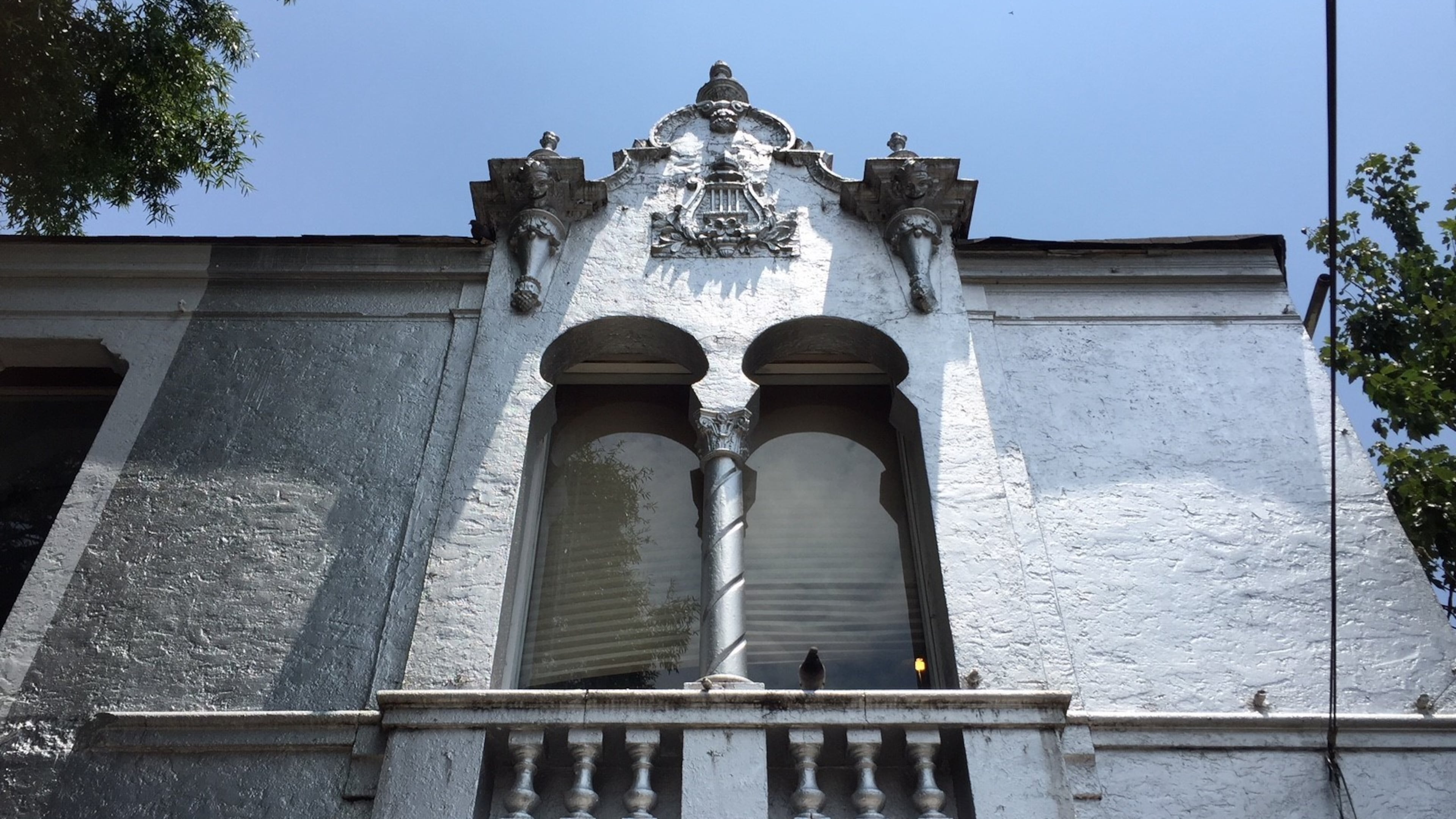
It could be the Fox Theatre of Flat Shoals Avenue.
That description has been applied to the Madison Theatre in East Atlanta, a 1927 Moorish Revival movie house appointed, once upon a time, with 600 seats, gargoyles, a $5,000 organ, lavish furnishings and air conditioning.
It was state-of-the-art elegant when it opened.
Today the theater has been gutted, stripped of seating and furnishings. The interior is marked by water damage, and the exterior is marred by graffiti. Temporary businesses doing taxes and other services are lodged in the first floor, which has been divided into smaller storefronts. The rest of the theater has either remained empty or has been used for storage.
This month, the Madison Theatre was included in the list of endangered places published each year by the Georgia Trust for Historic Preservation.
It is one of “10 Places in Peril,” a historic gem in danger of being lost.
The Fox Theatre, also a Moorish Revival beauty, was similarly run down in 1974, and slated for demolition. The effort to save the 4,600-seat palace of pop culture became a populist groundswell and effectively gave birth to the historic preservation movement in Atlanta.
The Madison is less grand than the fabulous Fox, but Mark C. McDonald, president and CEO of the Trust, said the comparison to the Fox is apt. “It could revitalize East Atlanta the way the Fox has revitalized Midtown,” he said.
The Madison was nominated by Jennifer Murray, a sales director at Coca-Cola, who lives in the historic Zuber-Jarrell house in East Atlanta with her husband, Marc Dobiecki.
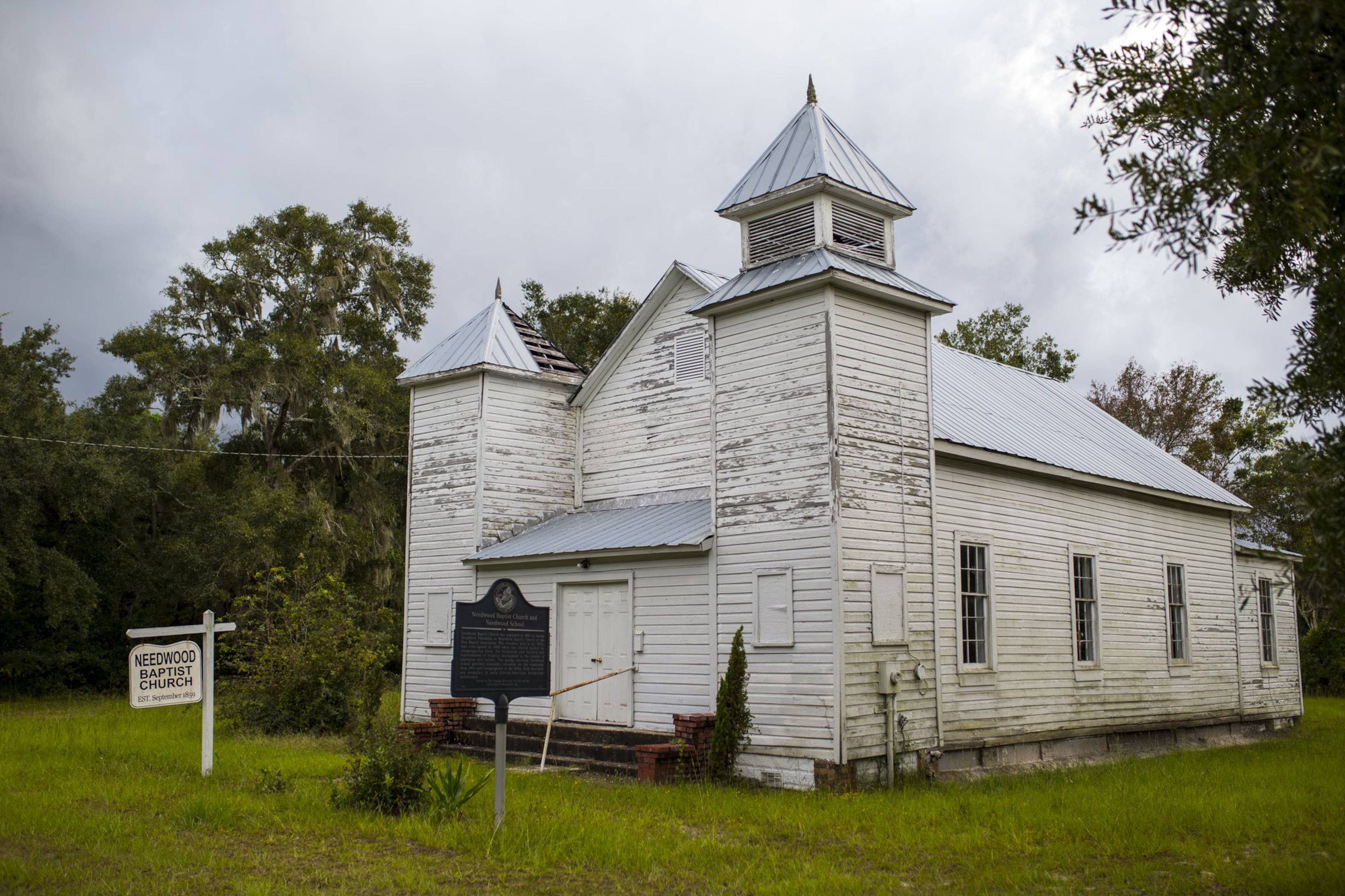
By chance, Dobiecki had experience working in another property on the Places in Peril list: the Rhodes Theatre, which is part of the Rhodes Center South complex that has been vacant for decades.
As a teenager, Dobiecki took tickets and sold popcorn at the Rhodes, a single-screen art house, and a favorite of graduate students and movie reviewers.
The marquee is gone from the theater, and the interior is empty. The other marble-faced buildings in the complex also stand empty, said McDonald. “It’s very, very sad,” said Dobiecki, who is now in the film gear rental business.
The block of buildings is owned by Dewberry Capital, run by Midtown developer John Dewberry. “Mr. Dewberry says he plans to save the building,” said McDonald. “He said he is waiting for some other developments to occur. The Trust is concerned it will fall into demolition by neglect.”
Dewberry did not return several requests for comment.
The Madison is owned by Abe Asher, who owns a variety of properties in East Atlanta. The building was "boarded up" and frequented by vagrants when he bought it "25 or 30 years ago," he said. "I'm not going to sign up for any historic (status)," he added. "If you want to preserve it, it costs a lot of money. I'm going to rent it."
The Places in Peril list is intended to raise awareness of historic landmarks that are in danger of being lost, whether through neglect or development, said McDonald. It is also an effort to show property owners how tax incentives can make it economically feasible to restore a historic structure.
Among the other structures (and one garden) that are on the Places in Peril list:
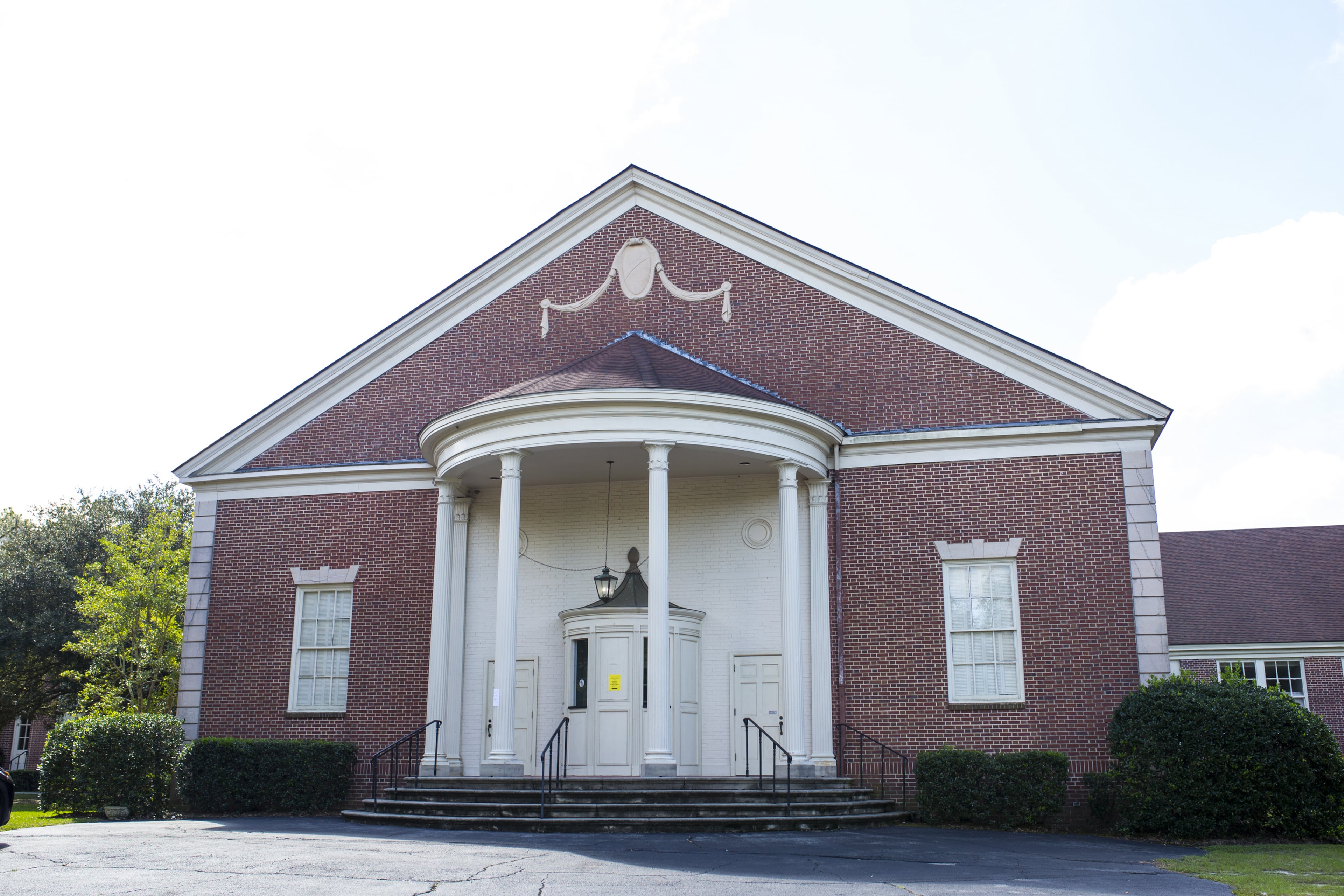
• The Colquitt County Arts Center (Moultrie, Colquitt County)
The center, built in 1928, originally served as the Moultrie High School. It was vacated by the school and turned into an arts center in the 1970s. It is short of cash, deteriorating and in need of repairs.
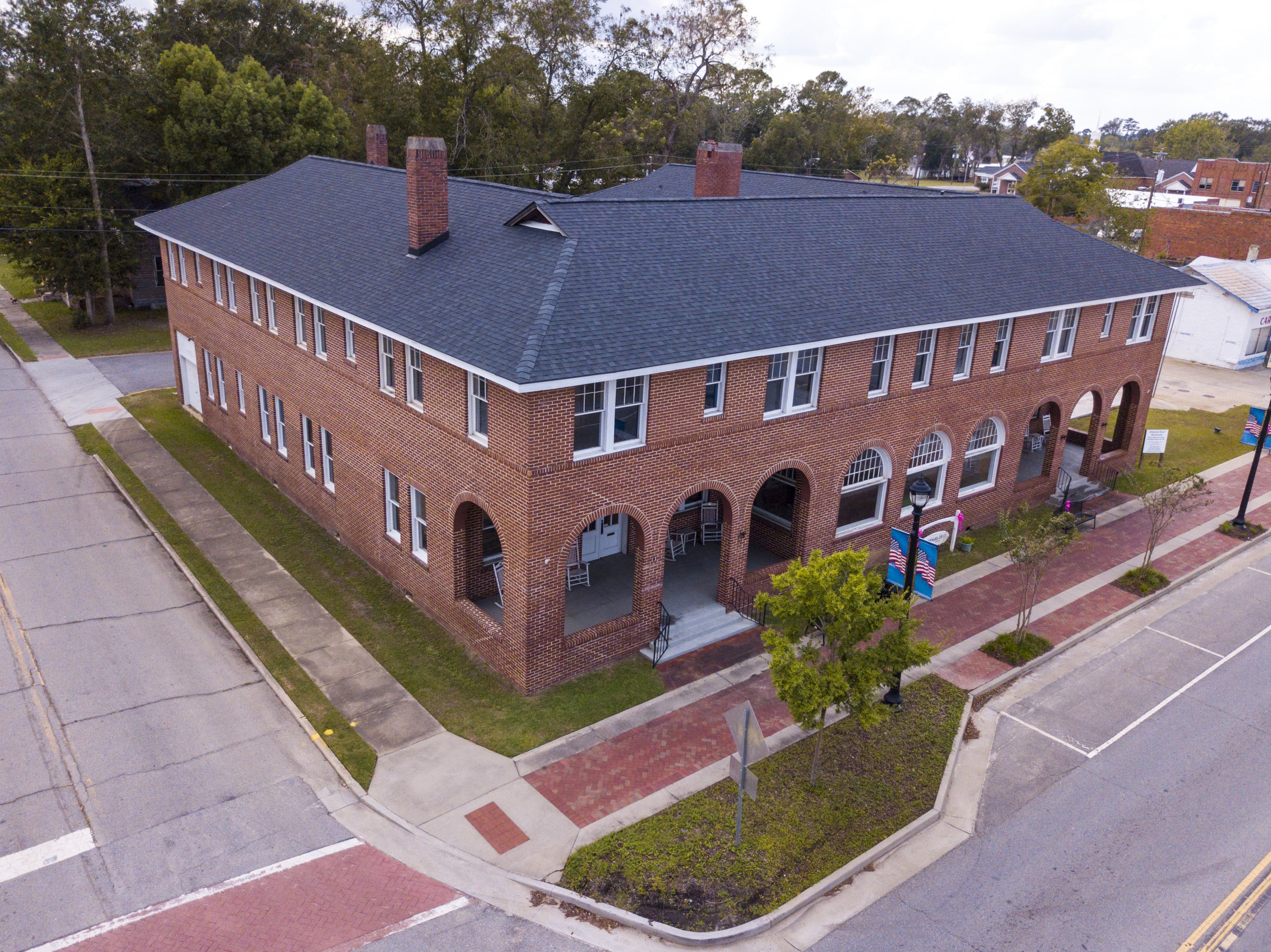
• Glennwanis Hotel (Glennville, Tattnall County)
The 1920s-era Glennwanis Hotel in Glennville was once “one of the grandest hotels in rural Southeast Georgia,” according to the Trust. Each guest room had electric lights, steam heat and running hot and cold water.
A previous owner carved parts of the building into efficiency apartments, but failed to maintain the structure. “The greatest threat to the Glennwanis Hotel is severe deterioration,” said the Georgia Trust website.
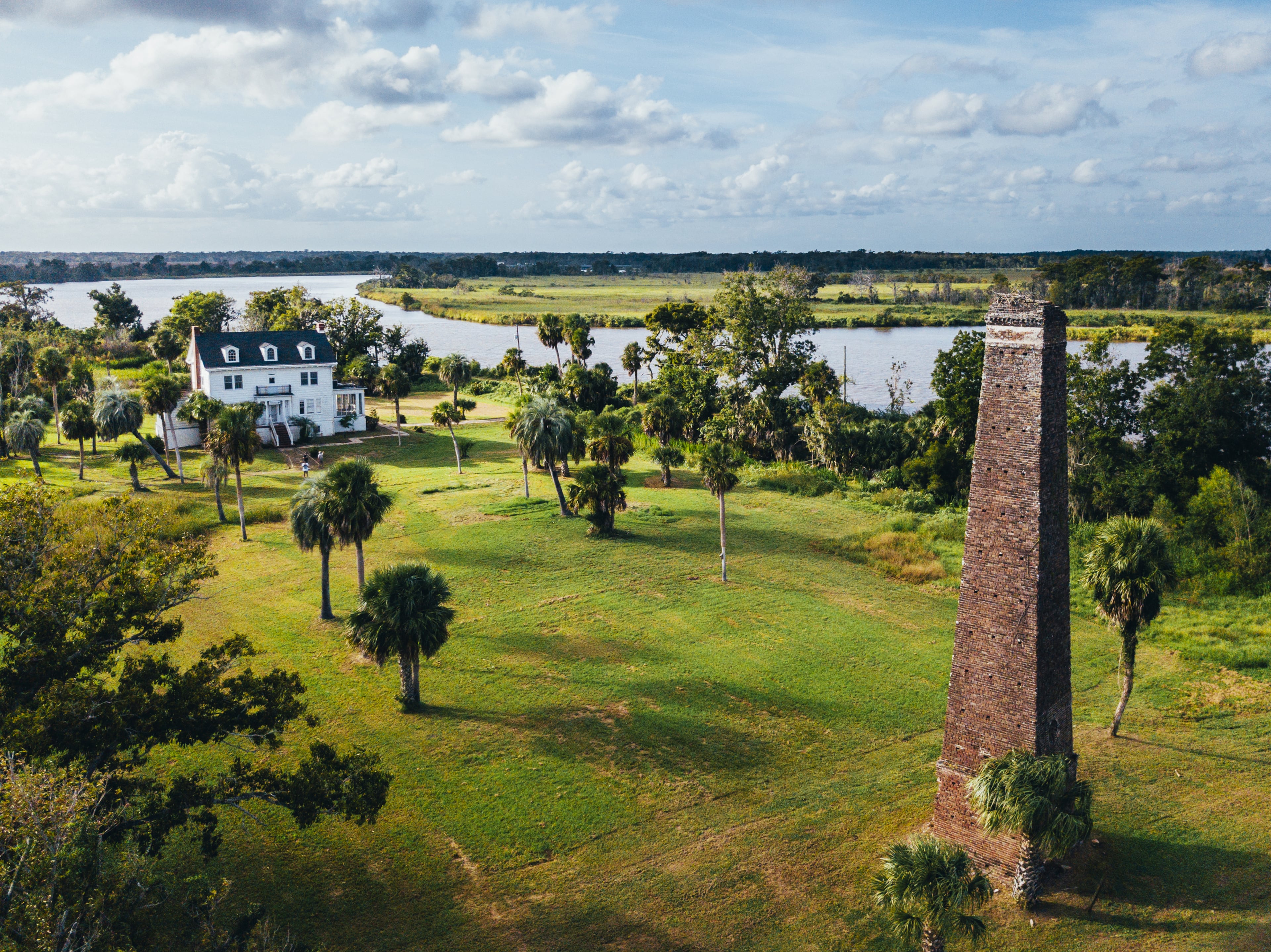
• Huston House at Butler Plantation (Darien, McIntosh County)
Colonel T.L. Huston, a former co-owner of the New York Yankees., built this Southern retreat on Butler Island in 1927. It was purchased in 1938 by tobacco heir R.J. Reynolds Jr. A mansion that once entertained Babe Ruth today is owned by the Department of Natural Resources-Wildlife Division, but is vacant.
• Needwood Baptist Church and School (Brunswick, Glynn County)
Needwood Baptist Church is one of the oldest African-American churches in the state. It was founded in 1866 by freed people raised in the Gullah/Geechee tradition, and this church building dates to the 1870s. Descendants of the founders have worked to save the building, but it has suffered water damage from recent storms and is in disrepair.
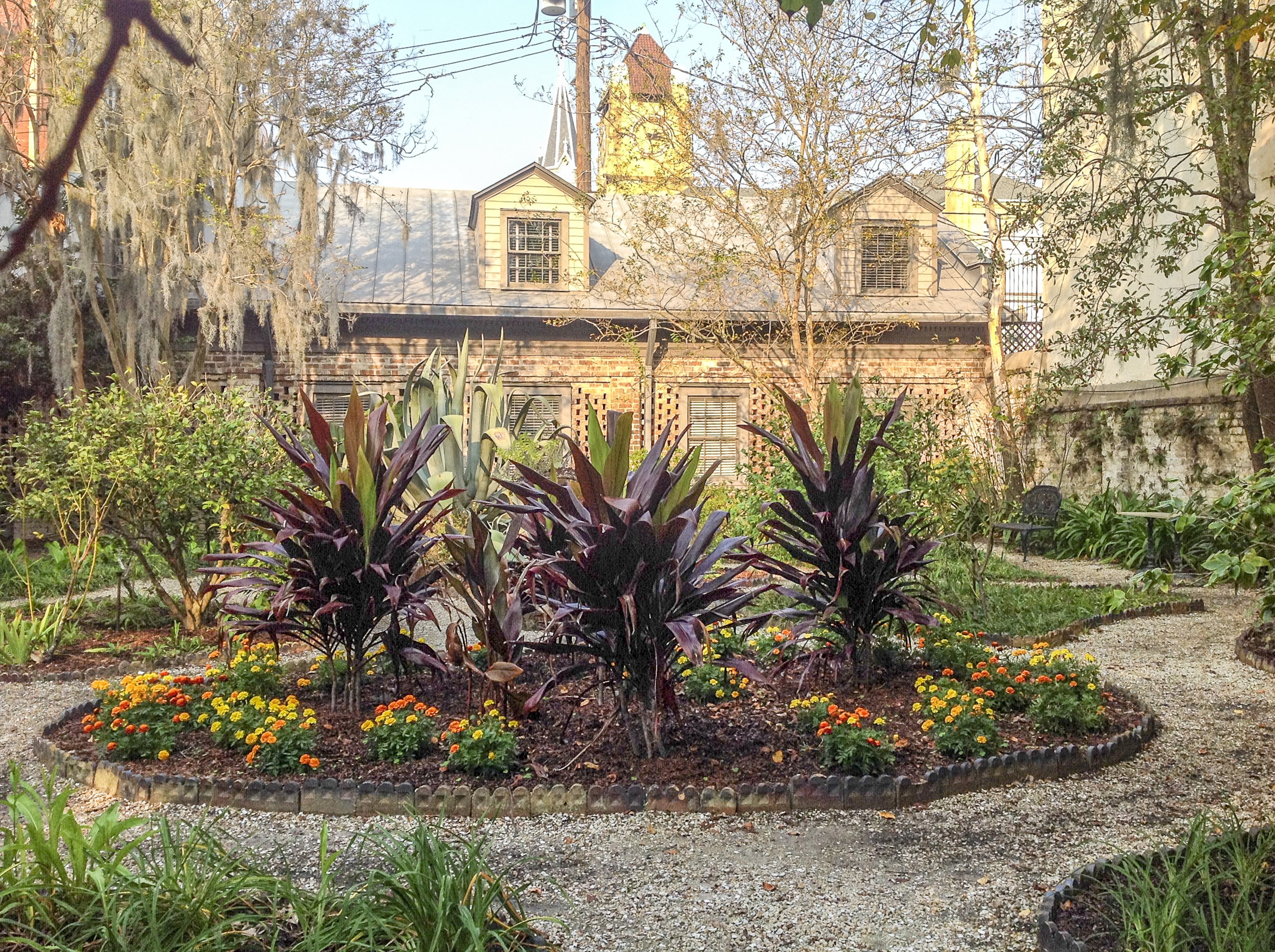
• Juliette Gordon Low Birthplace Garden (Savannah, Chatham County)
Sixty years ago, Clermont Lee, Georgia's first registered female landscape architect, was commissioned to design a garden for the birthplace of Juliette Gordon Low, founder of the Girl Scouts. Today the garden and Lee's design are "under threat of being significantly altered or potentially demolished," according to the Trust.
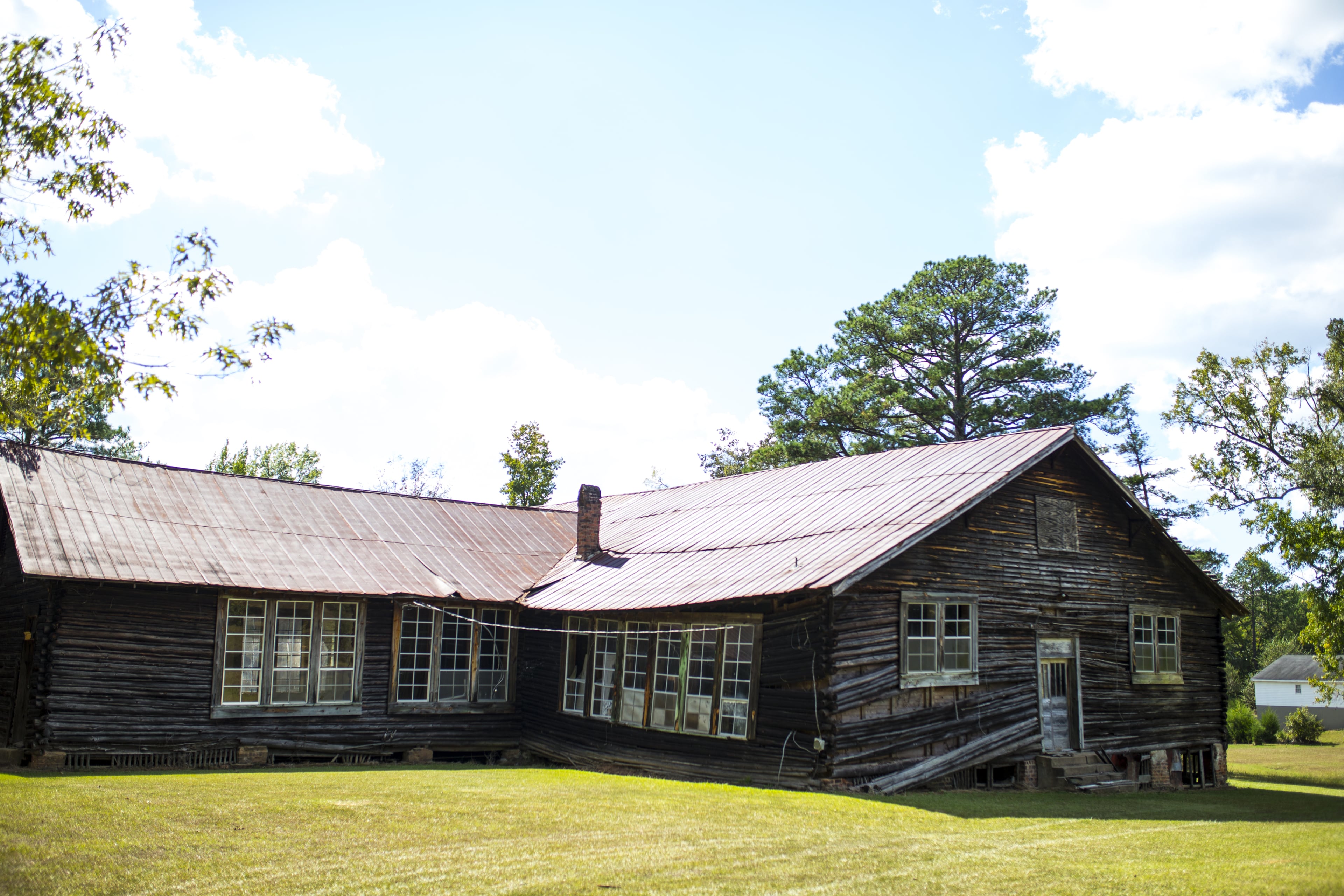
• Springfield Log Cabin School (Union Point, Taliaferro County)
Built in 1935 for the African-American students in the community, the Springfield School is in danger of collapse. Runoff and erosion have destabilized the foundation, causing sagging.
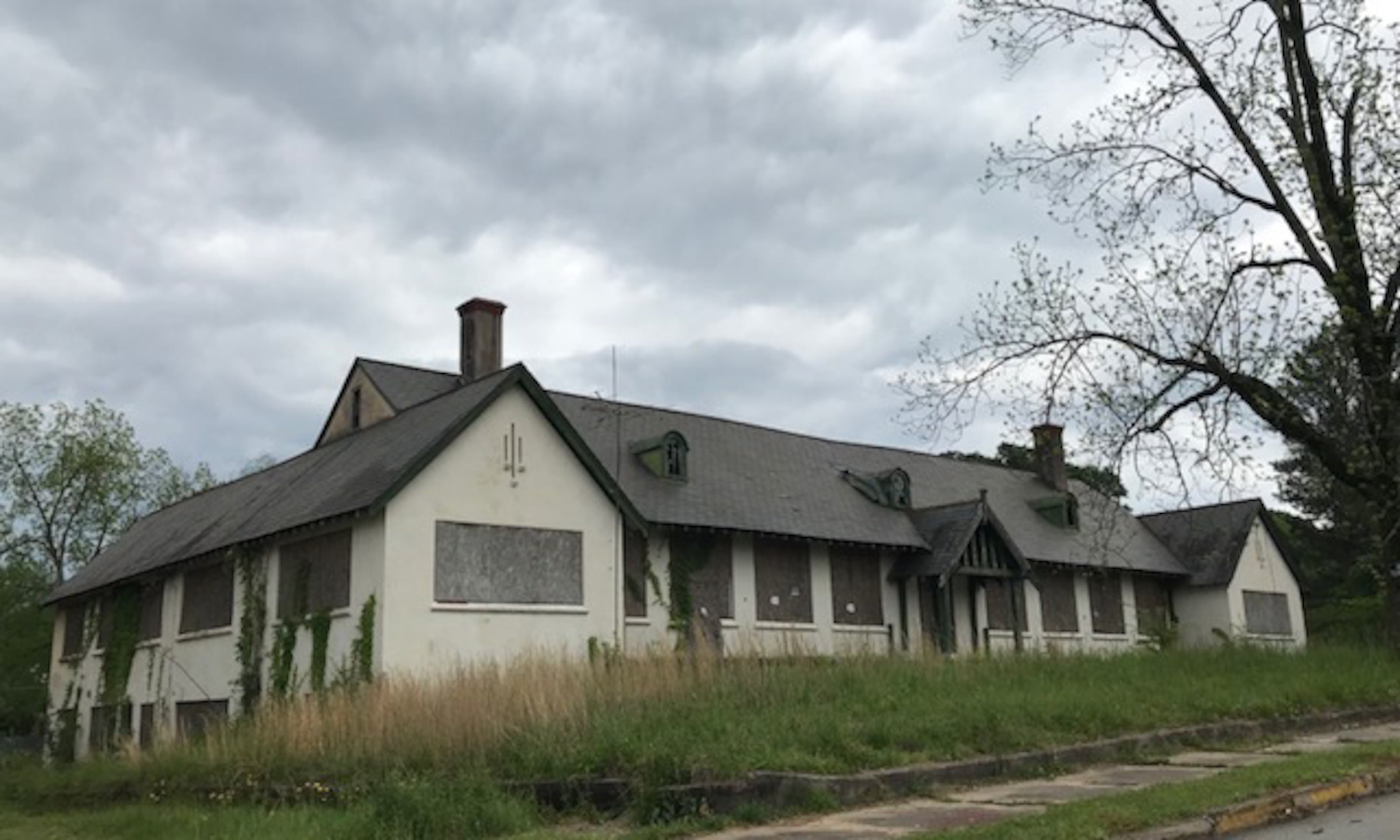
•Stark Mill Community Building (Hogansville, Troup County)
This 1917 Tudor Revival -stykle building was intended as a social and recreational center for residents of the Stark Textile Mill community. “The building has been abandoned for many years and has been threatened with demolition due to its neglect,” said the Trust.
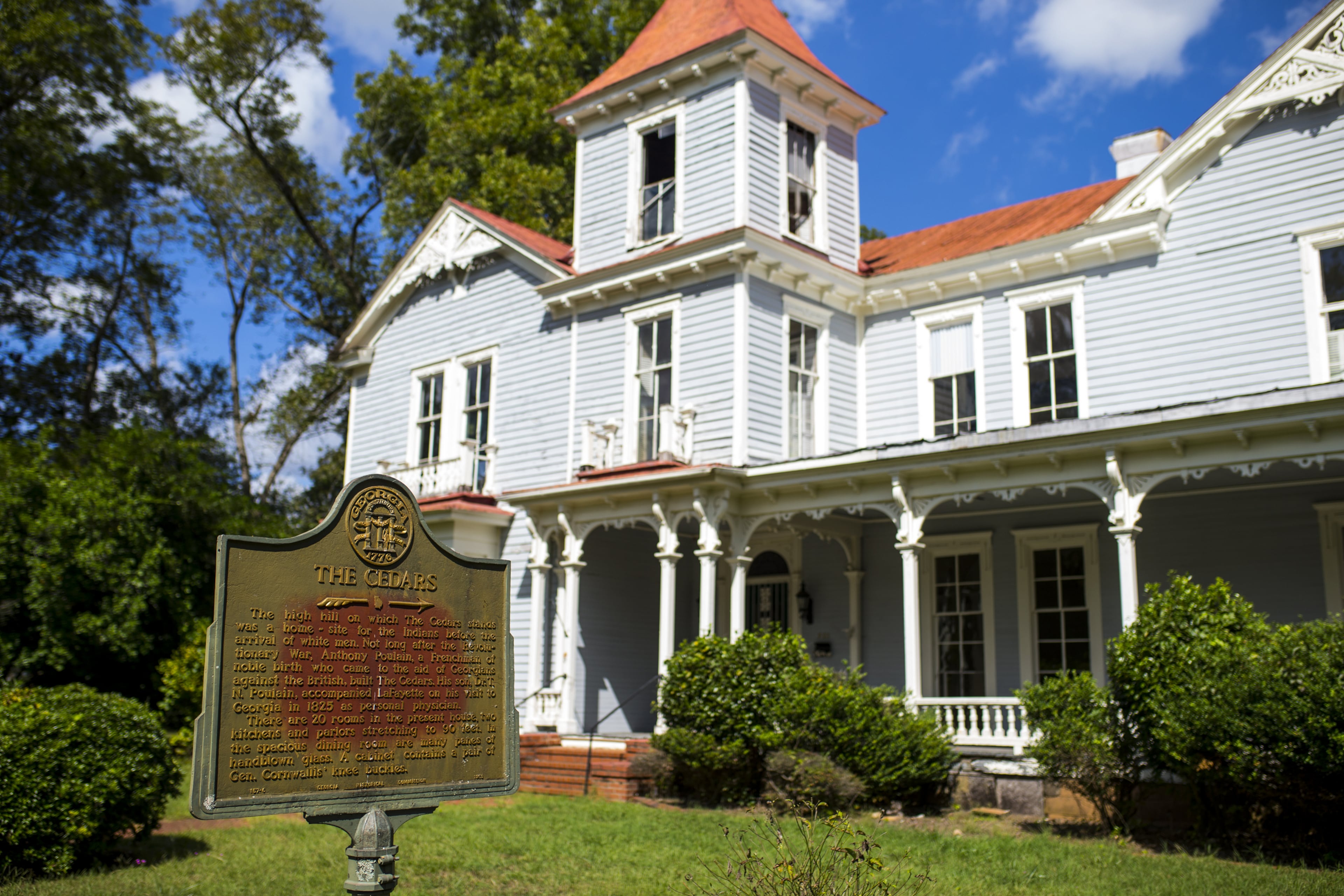
•The Cedars (Washington, Wilkes County)
Erected on land owned by a Georgia signer of the Declaration of Independence, the 18-room Cedars “has been home to several notable Washingtonians throughout its history.”
It is a great example of Victorian architecture, but is in a state of disrepair.. The building “is in significant danger of demolition by neglect.”
For more information, go to georgiatrust.org.


